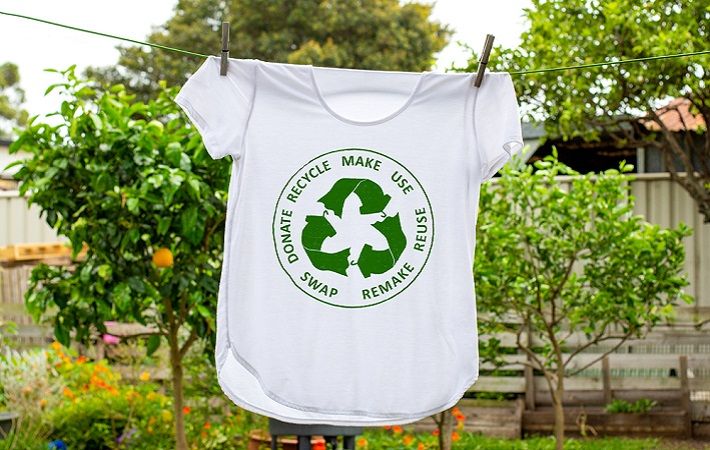
The prioritisation of reuse and repair has been found to be most beneficial for the job market, according to the report titled Putting circular textiles to work: The employment potential of circular clothing in the Netherlands by Circle Economy's Circular Jobs Initiative and HIVA - Research Institute for Work and Society. But to realise such a scenario would require bridging current skills gaps, and re- and upskilling workers—bringing new careers, from (re)manufacturing designers to quality assessors to resale collection managers, to the fore.
The clothing industry accounts for around 5 per cent of emissions worldwide, and workers around the globe are subject to unethical working conditions pervasive in the sector. In the Netherlands alone, residents purchase an average of one new garment per week, and around the world the equivalent of one truck load of clothing is burnt or incinerated every second, the report said.
Boosting clothing reuse and repair would see the greatest benefits, the report said. A growing second-hand market and increased demand for repair and maintenance services could increase job creation in the industry by 25 per cent—equal to 24,286 new full-time equivalents (FTEs) in repair and maintenance, 17,319 FTEs shifted from first- to second-hand sales and an additional 4,611 FTEs in second-hand sales.
Some of the skills required for this scenario are already present in the Dutch labour market: repair and maintenance, logistics and procurement, manufacturing, management, sales and retail, waste management and industrial cleaning skills already crop up across the clothing value chain. As we progress towards a more circular system, the need for these skills will only become more prevalent—as will new jobs in technology, e-commerce and textile sorting, to better support repair and cycling, the report said.
The research leads also collaborated with Amsterdam-based social enterprise Makers Unite to further explore skills gaps for their current and future business models.
“I believe a transition towards a circular economy model starts by understanding how to make the best use of our existing resources: material and human. The innovation needed for the skillforce will create new opportunities for social inclusion to be fostered—and this is why we have focused our efforts on new business models,” said Thami Schweichler, managing director at Makers Unite.
The report stated that the implementation of the scenario will require committed coordination between relevant actors, from the Dutch government and private sector stakeholders to academia and education institutions—as well as action that ensures no worker is left behind or subject to unethical working conditions. Training and retraining must take a holistic approach and be directed at unemployed workers and those at risk of being phased out in addition to the employed workforce—and the role of vocational education and training must be recognised as essential to advancing the circular economy and building back better from the COVID-19 pandemic.
Fibre2Fashion News Desk (KD)